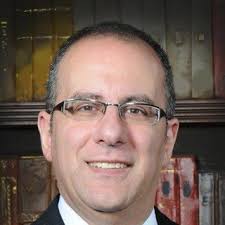In order to qualify for a mortgage modification, a homeowner must show that a hardship has occurred. The hardship must be financial in nature, resulting in it being difficult or impossible for the homeowner to make the monthly mortgage payments. Criteria may vary across mortgage companies as to what constitutes a hardship, but there are a few examples of different types of hardships listed below.
There are times where a homeowner may experience a decrease in income, or may stop receiving income. For example, a homeowner may be unemployed or underemployed, and may be having a hard time finding a job that pays adequately. If a homeowner is seriously ill or injured, the homeowner will likely need to take a considerable amount of time off from work, or may not be able to work at all. Situations such as these may affect the homeowner’s income and ability to pay their mortgage. Additionally, if a homeowner dies, then it is possible that the remaining homeowner(s) may have difficulty making the mortgage payment.
Other examples of possible financial hardship include: divorce of the homeowner(s), a natural disaster affecting the property, a significant increase in adjustable interest rates, and incarceration or other legal issues. Of course, just because a homeowner has experienced a hardship does not guarantee that a mortgage modification will be granted, but mortgage modifications have helped many homeowners in tough financial situations.
The Mortgage Modification Center
If you are experiencing a hardship and are having difficulty making your mortgage payment, please contact the Mortgage Modification Center at (401) 467-7998. Attorney John S. Simonian regularly helps homeowners who are behind on their mortgage, and offers a free initial consultation to discuss your particular situation.

Attorney John S. Simonian is a Rhode Island and Massachusetts lawyer who specializes in bankruptcy law and mortgage modifications. Click here to learn more about Attorney Simonian.


